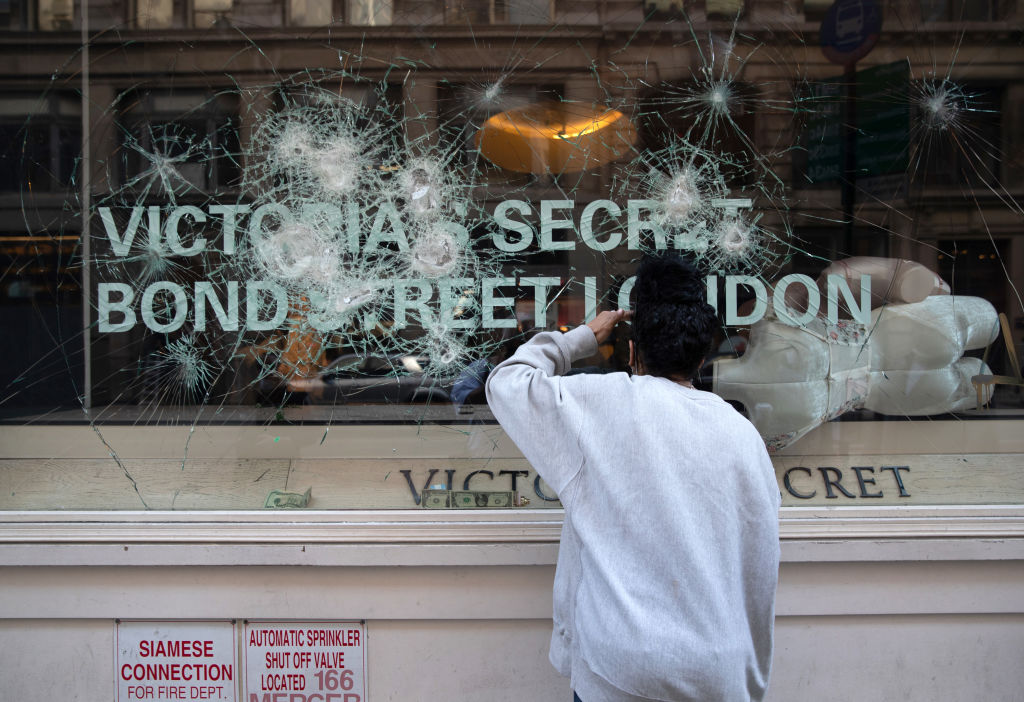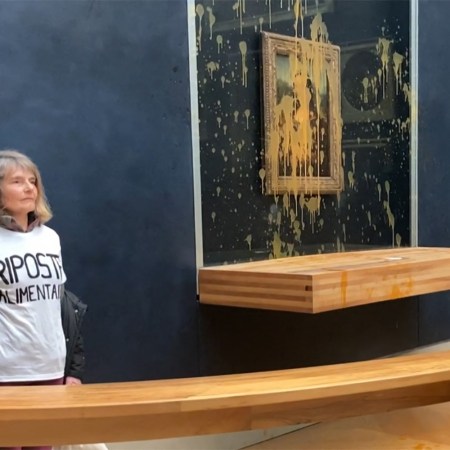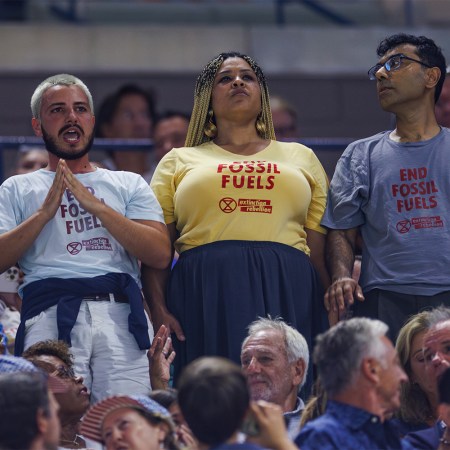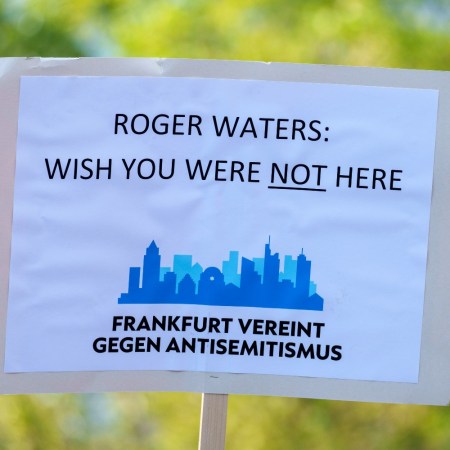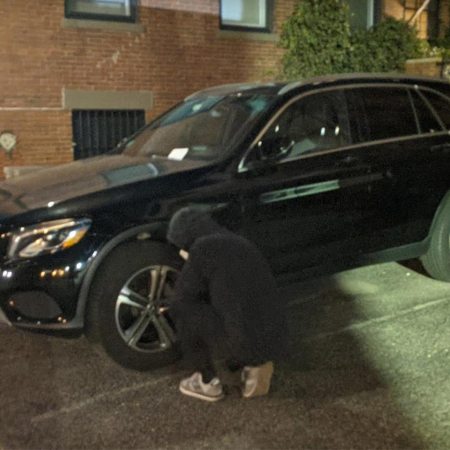In a recent article at Vox, Terry Nguyen explored the contradictory narratives surrounding the protests taking place in American cities large and small. “People who take to the streets might not all share the same beliefs: Some protesters are looting out of the same anger that drives the protests, and other looters are not protesters at all,” she wrote.
One thing that has struck some observers of the last few days is the degree to which unrest has included affluent neighborhoods. Writing in The New York Times, Emily Badger notes that this is a significant departure from the unrest of 1968, to which it’s often compared:
In Chicago, protesters have converged on Michigan Avenue, the city’s famous strip of high-end retail. In Atlanta, it has been affluent Buckhead. In Philadelphia, Center City. In New York, SoHo. In Los Angeles, protest leaders have deliberately steered toward upscale neighborhoods, including downtown and Beverly Hills.
Badger talked with writer George Chidi, who frequently writes about issues pertaining to Atlanta. For Chidi, the region’s growing economic inequality was a cause of the protests’ locations. “I’m not particularly surprised that protesters went straight to the Apple Store and Gucci and Prada and the Lenox Mall — that’s deliberate,” he said.
As Badger describes it, the creation of certain affluent urban districts can be alarming from multiple angles. She cites the argument of political scientist Lester Spence, who argued that, in these neighborhoods, “the economic critique of Occupy Wall Street meets the cause of the Black Lives Matter movement.” These questions don’t arise in a vacuum — and what we’re seeing now may well be the sum total of decades’ worth of public policies.
Subscribe here for our free daily newsletter.
Thanks for reading InsideHook. Sign up for our daily newsletter and be in the know.
